Table of Contents
Buying a house involves more than just making an offer and signing on the dotted line; there are several costs to consider when purchasing your new home. Closing costs can be confusing, especially for first-time homebuyers – but it doesn’t have to be. Here’s what you need to know about what it costs for buyers to close on a house.

What are Closing Costs
Closing costs are expenses incurred in addition to the purchase price of your home. These additional fees cover origination, appraisal, title, and recording fees, among other costs associated with closing the sale.
Typically due on the day of settlement or closing, these costs can range from 2-5% of the home’s purchase price and should be accounted for when budgeting for a new home. For example, if you’re buying a $250,000 home, you’ll need to budget between $5,000 and $12,500 in closing costs.
Earnest money deposits (1-3% of the offer price) and down payments (20% of the sales price for conventional loans) are not applicable toward covering closing costs. It’s critical to note that most lenders may require a borrower to pay closing expenses out of pocket at the time of closing instead of financing them as part of their mortgage loan. However, there may be lenders who allow you to finance closing costs. The caveat is that doing so may increase your monthly mortgage payment.
Negotiating Closing Costs with the Seller
A buyer’s market is when the housing inventory is higher than usual, and it is more advantageous for buyers to purchase a home. In this market, you can often negotiate with the seller and have them pay some or all of your closing costs, saving you money in the long run.
On the other hand, in a seller’s market, there is usually less competition and higher demand for homes. It will be much harder to negotiate closing costs – any negotiation could cause the seller to walk away from the deal altogether. Trying to negotiate closing costs in a seller’s market could potentially lead to losing out on buying your dream home, so negotiating closing costs in this market could be risky.
Standard Closing Costs for Buyers
Closing costs vary from state to state, but some are industry standards and are relatively common. Here are some closing costs you can generally expect to pay when purchasing a home.
Real estate attorney: A real estate attorney can review your contract and represent you in court. In some states, attorneys are required. Their costs vary depending on your state but average around $800-$2,000.
Application fee: This fee can range from $200 to $500, depending on the lender. The lender will use this fee to cover the administrative costs of underwriting and issuing a loan.
Credit check: A lender will run your credit to verify past payment history, and this fee typically costs around $30.
Loan origination fee: This is charged by the mortgage lender for processing your loan application; this cost usually ranges from 0-1% of the total loan amount.
Title fees: The title fees cover the cost of searching, verifying, and transferring property ownership; they usually range from $200 to $400, depending on the state.
Title insurance: This covers the lender in case there are any title-related issues with the property; it ranges from 0.25-1% of the purchase price.
Appraisal: The lender will hire an appraiser to ensure that the home is worth what you are paying; this cost typically ranges from $300 to $400.
Home inspection: A professional home inspector will inspect the property to ensure it’s in good condition; this fee usually ranges from $400 to $700.
Survey: A survey of a property will provide a detailed map of the outlines, boundaries, and rights-of-way, and this typically costs $700 to $1,000.
Recording fees: The county recorder charges this fee for filing and recording documents related to your new home purchase; this cost typically ranges from $50 to several hundred dollars, depending on the state.
Property taxes: Depending on when you close, the seller may provide a credit for the prorated portion of property taxes; if not, the buyer will typically be responsible for paying them.
Homeowner’s insurance: A lender will usually require the buyer to provide proof of homeowners insurance before closing, and this fee is typically paid up-front.
Flood and fire insurance: Some states require a buyer to pay for flood and fire insurance before closing, and this fee can range from $600-$3,000.
HOA dues: Homeowners’ associations (HOAs) typically charge a fee for membership, and this can range from $50 to several hundred dollars, depending on the HOA.
Mortgage points: These are fees you may have to pay up-front to reduce the interest rate of your loan; they usually cost 1% of the total loan amount.
Don't Forget Moving Expenses
Aside from closing costs, remember to consider moving costs when budgeting for your new home. Moving expenses can add up quickly, including boxes and tape, hiring movers, renting a truck, fuel, storage units, utility deposits, and more.
Shop Lenders for Lower Closing Costs
Your lender determines a significant portion of closing costs, so it’s vital to shop around for the best financing. Many lenders offer competitive closing cost incentives, so ask about special offers or discounts that can reduce your overall costs.
Conclusion
Buying a home is an exciting and expensive endeavor, so you must understand what costs you may be responsible for. Typical closing costs range from 2-5% of the purchase price, but this can vary depending on your lender and other factors. This is an out-of-pocket cash expense in addition to your earnest money deposit and down payment.
Ask questions and shop for the best deals to ensure you don’t get blindsided by hidden costs. Always remember to factor in moving expenses when budgeting for your new home!
Talk with your professional local real estate agent to discover more about closing costs, how to prepare, and how to save money when you close on your new home.


